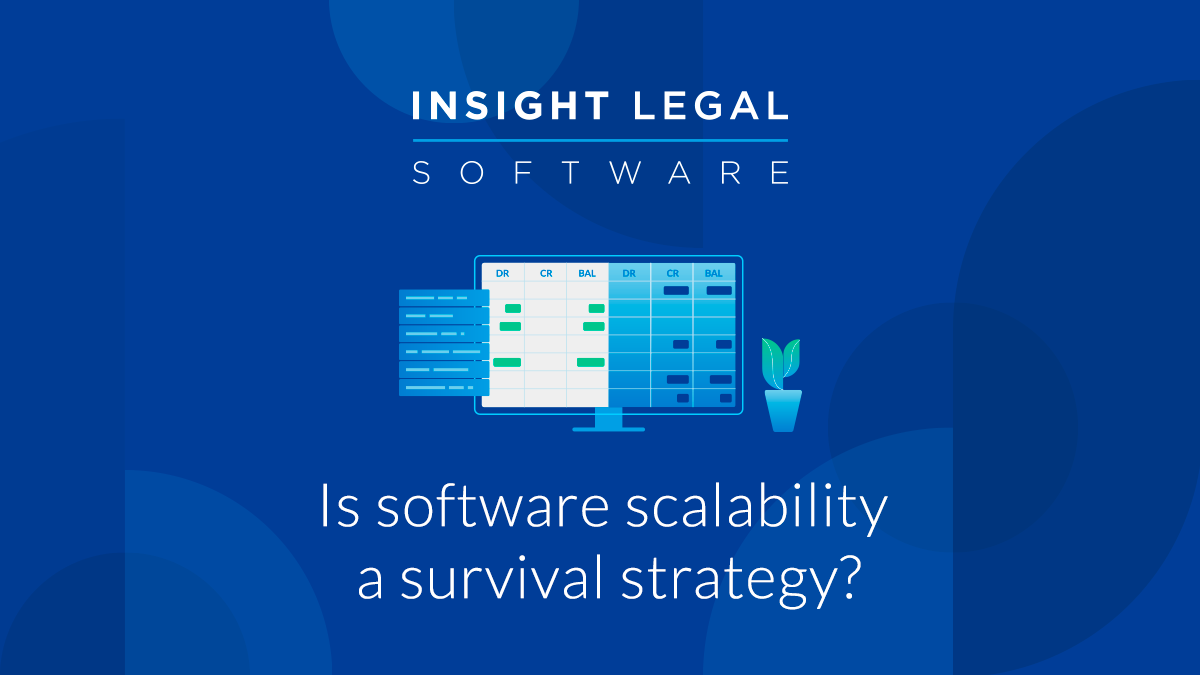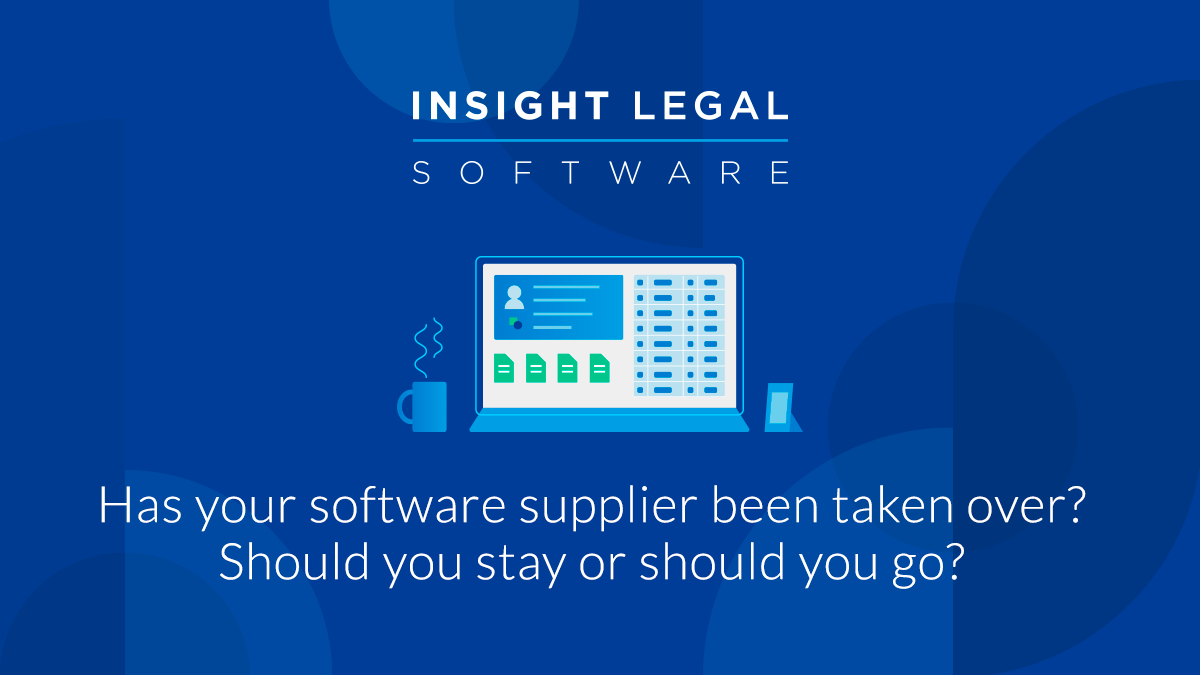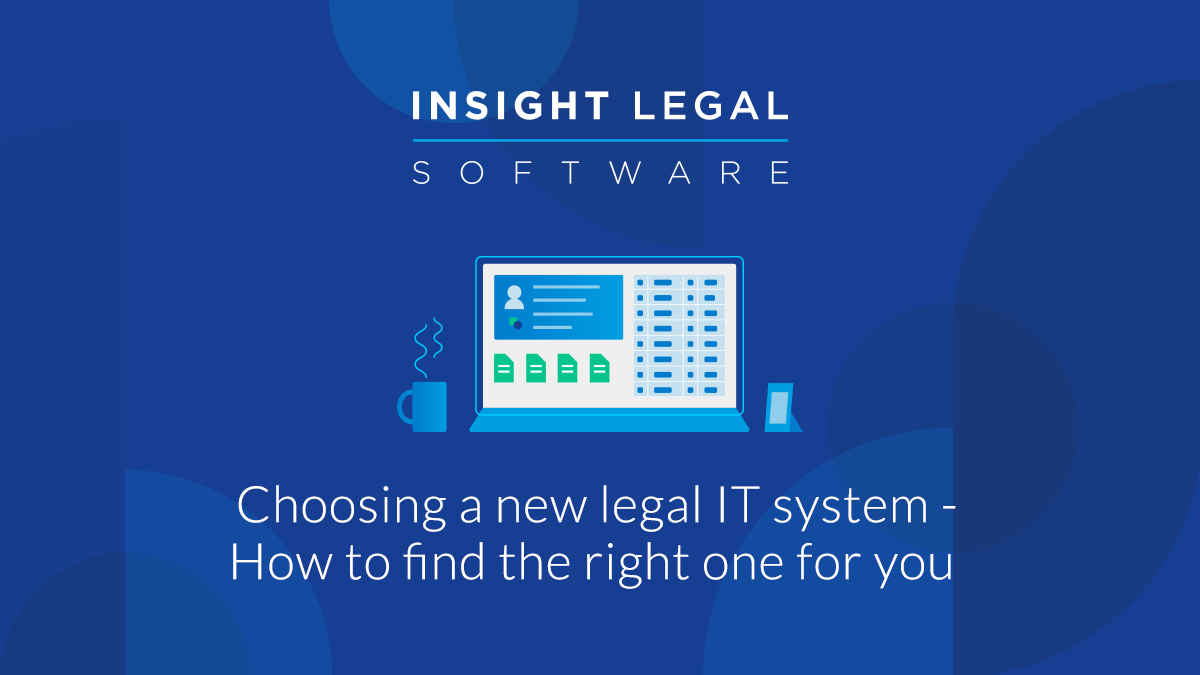
COVID-19 has elevated the importance of scalable legal technology to flex alongside our businesses and maintain productivity throughout manpower fluctuations. Deborah Witkiss explains why…
Changes instigated by coronavirus
The business world has changed. ‘Shielding’, ‘furlough’ and ‘home schooling’ have led to reduced workforces. Yet, cases must progress, court dates must be attended, and deadlines and milestones must be met.
Admittedly, COVID-19 has affected law firms variously. For certain specialisms the workload has lessened whereas others have thrived.
The only constant is change. None of us knows what the future holds but we need to prepare for it as best we can. This unattainable goal – bracing ourselves for the unknown – brings us onto scalability…
Scalable software and its ability to flex
Legal technology should adjust to your changing needs whether it’s adding new users to accommodate growth, reducing users to cater for loss of personnel, or adding and reducing storage space according to evolving capacity requirements. Another mandatory feature is enabling employees to operate whenever, wherever and however.
With cloud software, you have the processing power now and in the future but only pay for what you need today. The cloud delivers unlimited storage capabilities, 24/7 availability, connects home- and office-based workers, and supports desktop and mobile devices.
Long-term, rigid software contracts should be avoided. Paying for surplus software licences makes any struggling law firm’s financial situation perilous. The alternative is short-term, flexible contracts with rolling monthly terms. The number of licences corresponds to the number of staff on your payroll. Your positioning is accurately reflected in your monthly fee.
Scalable software and its ability to strengthen workflow
Legal technology should also contain workflow tools which simplify and automate processes for sustained output even if there is lower input due to pared-down headcount. If your human resources are depleted, your revenue should not be too.
Scalability means streamlining and automating tasks at certain matter stages for your front office teams to progress more cases. Similarly, by streamlining and automating actions relating to the day-to-day and letting your software take care of particular aspects of back office administration, you can scale production.
Integrating scalable legal technology into your daily practice
The major advantage of scalability is your software’s ability to expand or contract as your business transforms to overcome COVID-19 hurdles. It is also your software’s ability to sustain or increase productivity as your business undergoes personnel adjustments. This scalability is about cloud delivery, short-term contracts, case management workflows and business process automation.
You can rely upon Insight Legal for 30-day rolling term contracts. You can rely upon our software for pre-defined or custom workflow assistance at all stages of a matter. You can rely upon its boundless repository for your data and documents. You can rely upon its cloud format to log in irrespective of location, device and time of day.
As Stephen Luke at Instalaw says: “Insight has helped us to make the transition [from office to home] flawlessly. Fee earners can manage their caseload as if they were sat in the office. I can easily add and remove users to the system.”




